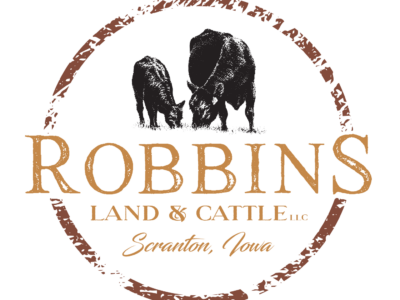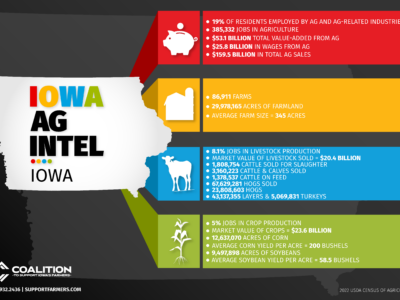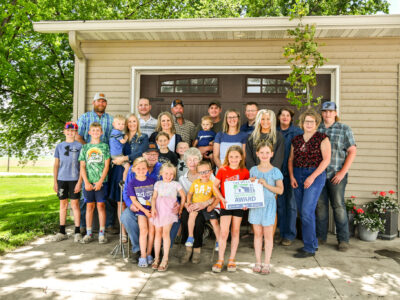Preparing for an EPA or DNR Inspection: Part 1
11-14-2016 in Livestock
Iowa’s livestock farmers are subject to inspections by the Environmental Protection Agency (EPA) and the Iowa Department of Natural Resources (DNR). Because these assessments usually occur with little or no notice to the farmer, it is essential to be prepared for your livestock or poultry farm to be inspected at any time. Follow these simple compliance checks to ensure your farm is in accordance with the environmental rules and regulations, and to learn how to best respond to potential DNR or EPA inquiries.
Part I: Before the Inspection
1.) Collect Background Information & Take Corrective Action
The EPA is not legally required to notify farmers before assessing livestock farms. However, if you are contacted prior to inspection, collect as much information as possible about the investigation. Consider presenting the following questions to the inspection agent:
-What prompted the inspection?
-What areas of the farm will be inspected?
-How much time will the inspection take?
-How many inspectors will be assessing the farm?
-Does the inspector intend to interview farm employees?
-Does the inspector intend to collect samples?
After gathering this information, complete a self-assessment of your farm as a compliance check and take corrective actions to fix any issues. Consider your farms proximity to water sources, potential for manure discharge or other areas of improvement of your management practices.
2.) Review Your Records & Identify Confidential Information
Confined animal feeding operations (CAFOs) are required to keep detailed records. Whether or not your farm meets the definition of a CAFO, you should maintain monthly records to verify your animal inventory, document manure storage levels and track manure application dates, acres applied and nutrient testing results.
Of course, there are other farm records that you are entitled to identify as confidential information. For example, legal correspondence or environmental audits. Prior to inspection, determine which records will remain off-limits, and which records may be made available to the inspector but claimed as confidential business information (CBI). You should also consider what areas of the farm may be off limits due to safety or biosecurity requirements.
3.) Designate a Point of Contact & Develop an Inspection Plan
Do not give an inspector unaccompanied access to your property. Instead, select a point of contact to be present while the agent is assessing the farm. Designate either a family member or an employee who is most familiar with your farm’s environmental compliance and management practices, and develop an action plan so all members of the farm know who to notify as well as under what conditions the inspector should be granted access to documents and property. All parties involved should be courteous, truthful and answer only the questions asked of them.
4.) Consider Legal Counsel or an Environmental Consultant
While most farms do not have legal counsel on-site during an inspection, it may be wise to request assistance from an attorney or your environmental consultant if the inspection is unannounced or not routine, if a state enforcement action is threatened or pending, or if there are indications of a criminal investigation.
Recommended News

Robbins Family Hosts Cattle Building Open House
Farmers interested in learning about the benefits of raising cattle under roof are invited to attend an open house at the Robbins family farm to tour Justin and Lacie Robbins...
Read More
NEW STUDY SHOWS IOWA AGRICULTURE EVEN STRONGER
Iowa’s 86,911 family farms continue to be a key driver of Iowa’s economy, contributing 32 percent more to the state economy than in 2017, according to a new study commissioned...
Read More
Farming is a Family Affair
The Streit family of West Bend, Iowa, has cultivated their farm for over three decades, fostering a legacy of hard work and community support. Diane and Tony Streit, alongside their...
Read More